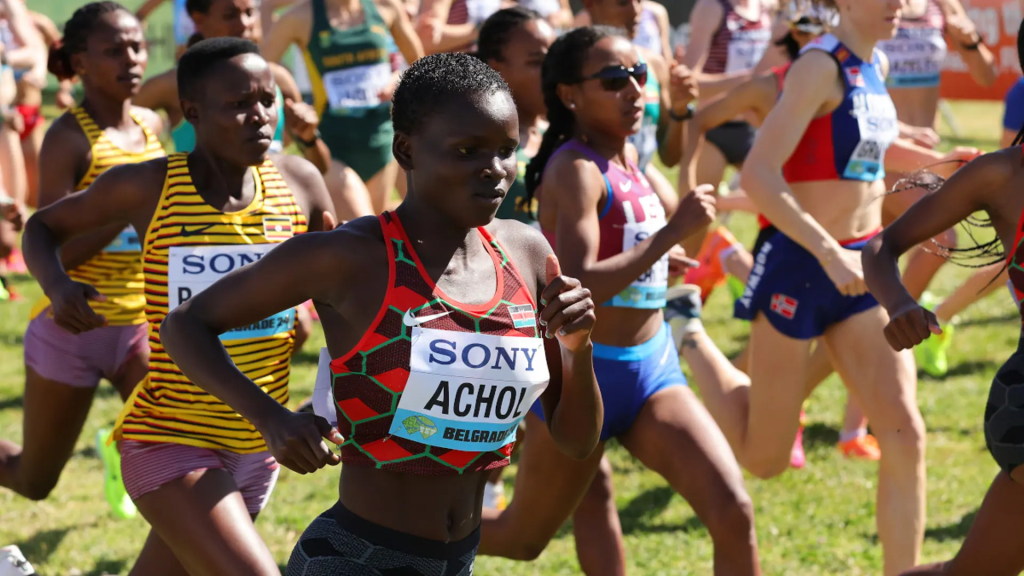Kenya’s rising cross-country athlete, Emmaculate Anyango, has been banned for six years after being found guilty of multiple doping violations.
The Athletics Integrity Unit (AIU) confirmed the decision on Friday, November 22, citing evidence that the 24-year-old had used banned substances, including testosterone and EPO, a blood-boosting hormone.
The suspension, effective until 2030, casts a shadow over Anyango’s once-promising career. Known for her record-breaking performances, including the second-fastest women’s 10km time of 28:57 minutes earlier this year in Valencia, her achievements have now been overshadowed by the scandal.
The violations were identified from urine and blood samples collected between February and June 2024. The AIU revealed that her samples initially tested positive for testosterone metabolites, while subsequent tests confirmed the presence of EPO, a substance used to enhance endurance by boosting red blood cell production.

Anyango claimed the substances may have entered her system during medical treatments in Eldoret after she fainted, asserting that she was unaware of what was administered. However, the AIU found her explanation unconvincing and noted her failure to respond to the doping charge by the 1 November deadline, forfeiting her right to a hearing.
In addition to the ban, Anyango’s results since February 2024 have been annulled, including her fourth-place finish at the World Cross Country Championships, where Kenya secured the team gold medal.
Anyango’s case is the latest in a series of doping scandals in Kenya. This year, 33 athletes across various disciplines have been provisionally suspended by the Anti-Doping Agency of Kenya (ADAK), while 11 athletes are currently banned by World Athletics.
Once celebrated for her record-breaking performances, including the second-fastest women’s 10km time ever recorded in Valencia, Anyango’s suspension raises fresh concerns about doping in Kenyan athletics and its impact on the nation’s reputation in the sport.


